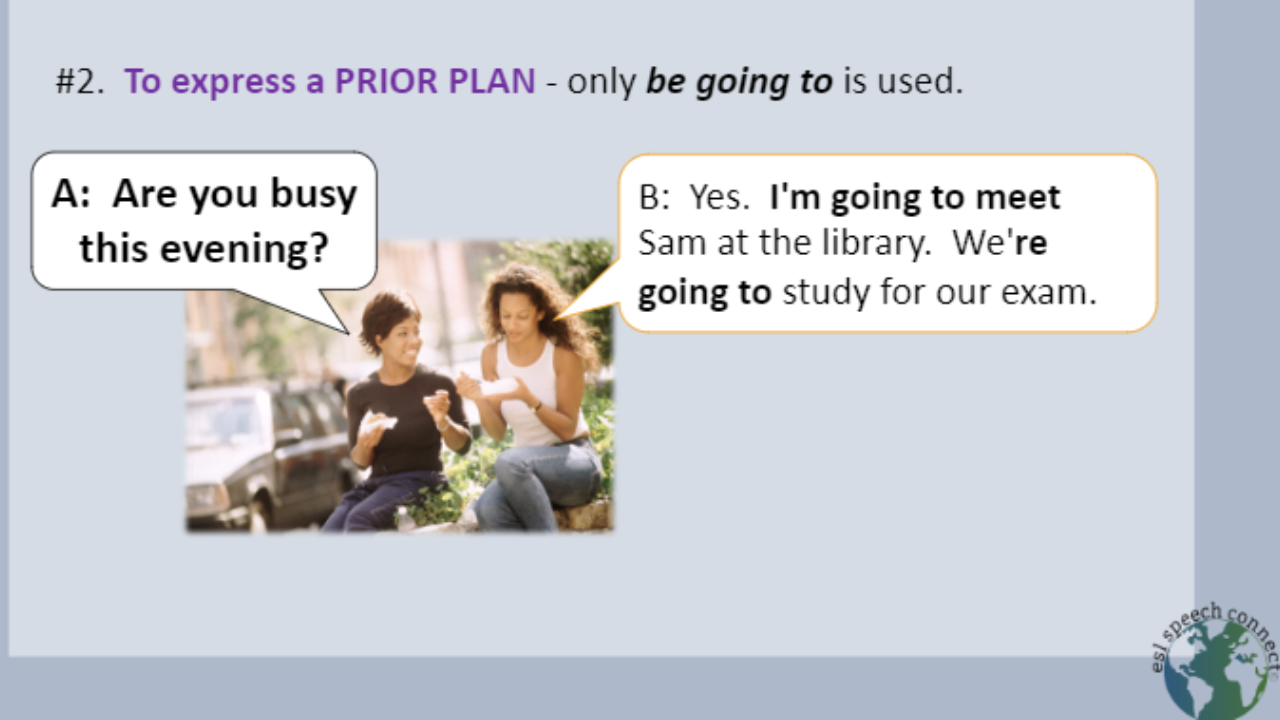Speech4U
English Videos for everyday learning
To download these notes, click HERE
Topic: Today we’re going to compare ACTIVE and PASSIVE forms.
*We use the passive when it’s not important to know WHO’S doing the action, or we DON’T KNOW who’s doing the action. Rather, it’s important WHO or WHAT is RECEIVING THE ACTION. *So we’re ...
Do these two sentences have the same meaning?
The tea is very hot. The tea is too hot.
"Too" and "very" are both intensifiers. They make the adjectives stronger. In these sentences, the adjective is "hot". However, "too" and "very" do not mean the same thing. The word "very" means a high de...
Tag questions: a short question added at the end of a sentence and separated by a comma.
It's usually phrases like: isn't it?, doesn't she, don't you think?
We use these when we want some kind of validation or when we want someone to respond with their opinion
"That movie was kind of we...
This can include:
• The present,
• The recent past (a few weeks ago, a few months ago, or a few years ago),
• The near future
• Presently
"I'm presently working to improve my health."
•Currently
"Currently, I'm taking 4 classes this semester."
• Today
"Today, we're using other alternative sources to produce ...
Introduction:
Do you ever get confused with the grammar for “would” ? There’s a lot of ways we use “would” in English.
Did you know that you can use “would” and “used to” the same way?
In today’s tutorial, I’m going to show you
- The context and meaning of these words
- Forms/structures of “used ...
Do you know how to use these contrast words and phrases?
There are a number of ways to connect contrasting ideas.
• "Despite" and "in spite of" are used as prepositions. Both are followed by a noun or a gerund.
In spite of my hard work, I didn’t do well on the test. ...
Try this exercise!
-
Use "will" or...


